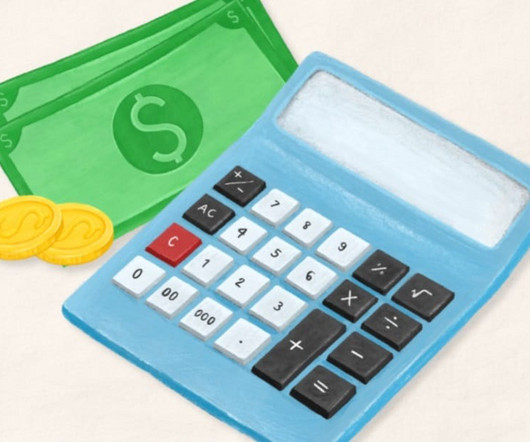The Age Old Question: Should You Pay Off Debt or Save?
Penny Pinchin' Mom
DECEMBER 17, 2023
The post The Age Old Question: Should You Pay Off Debt or Save? Should you pay off debt or save? So, you want to get started on debt repayment so you can focus on other financial goals? However, if you pay off these debts, there will be nothing left for investments in these tough financial times.












Let's personalize your content